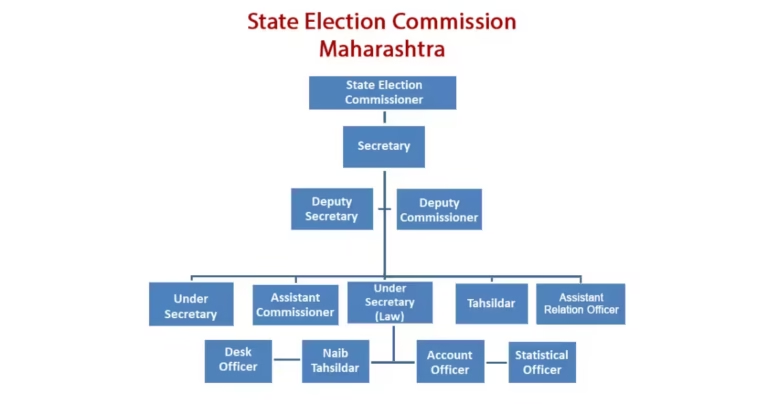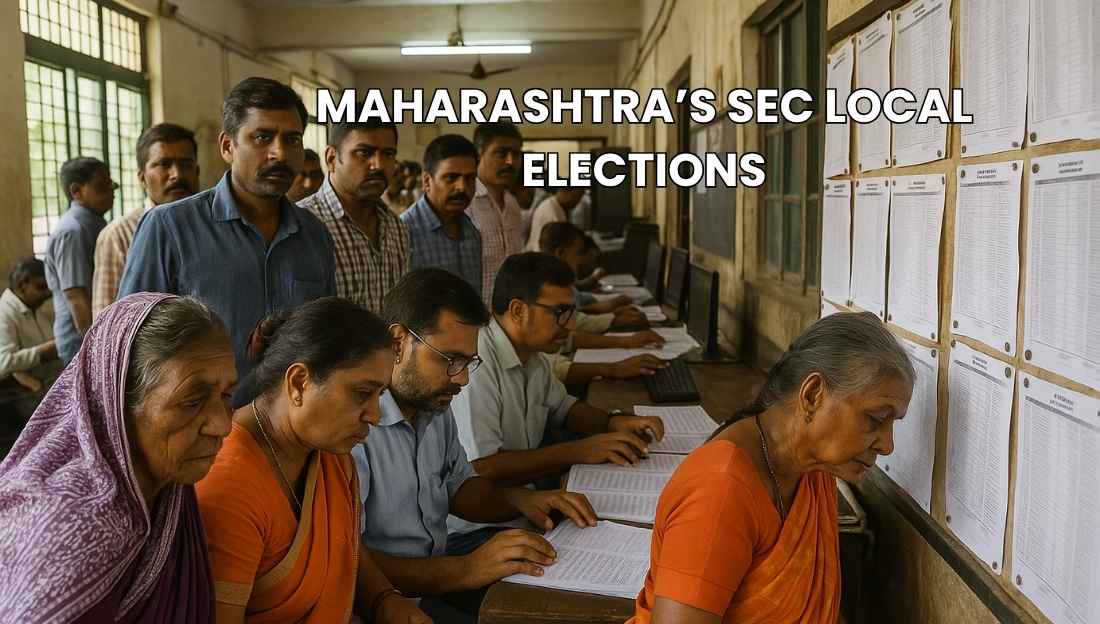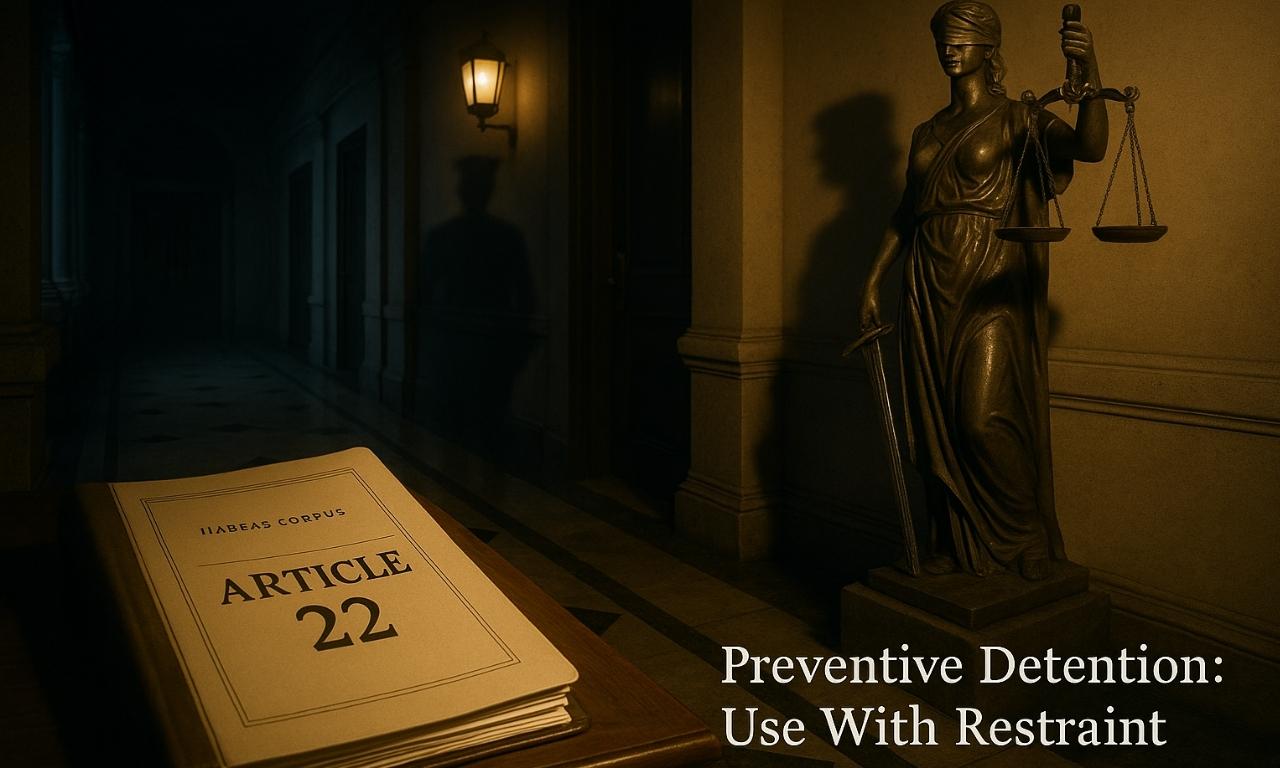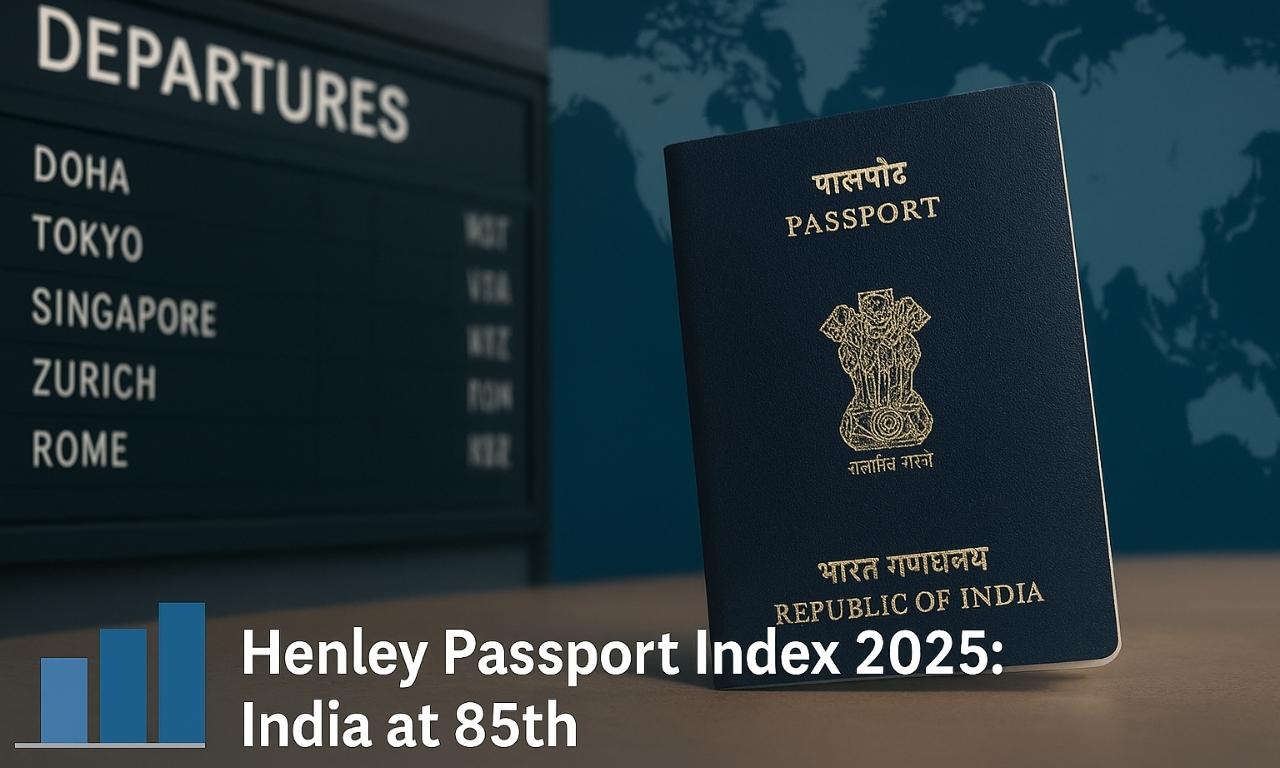The SEC has started a fresh programme to clean and verify voter lists ahead of the local polls beginning on December 2. This has raised questions regarding its powers, the process of identifying errors, and the concerns expressed by political parties.
What Are the State Election Commission Powers?
- The SEC’s role is limited by the Constitution—it cannot add or delete names from the voters’ list.
- Only the Chief Electoral Officer (CEO) under the Representation of the People Act, 1950 can revise the electoral roll.
- The SEC can only use the existing Assembly voters’ list for conducting local body elections.
- However, it has full authority over conduct, supervision, and delimitation of constituencies for urban and rural bodies.

What Steps Has the SEC Taken?
- Ward Delimitation: It is reshaping the boundaries of all local wards. This includes redistributing voters across Assembly constituencies to ensure each ward has balanced representation.
- Although deletion is not in its mandate, the SEC can: Flag entries using filters like name, age, gender, and address. Mark “double” and “doubtful” voters for field verification.
- Processing Objections and Claims: From November 20, the SEC is inviting objections from citizens and political parties. Draft rolls will be published, and after assessing objections through booth-level verification, final lists will be issued in December.
- Field Verification: Special teams will visit households to confirm flagged entries. Polling centres will maintain marked voter lists to ensure no voter casts more than one ballot.
Concerns Raised
- Many errors from earlier elections, such as zero-address voters, bulk additions, and cross-district registrations, remain unresolved.
- Voters listed with addresses outside Maharashtra continue appearing on rolls.
- Parties argue that without correcting the base electoral roll, the exercise will not be fully effective.
ELECTORAL ROLL?
- An electoral roll is the official list of all eligible voters in a particular constituency.
- It is prepared and updated under the Representation of the People Act, 1950.
- The roll contains voter details such as name, age, address, and polling station.
- It ensures that only eligible individuals vote and that each voter votes only once, maintaining the integrity of elections.
Who is Eligible to be Included?
- Citizenship: Must be an Indian citizen.
- Age: Must be 18 years or above on the qualifying date (usually January 1 of the year).
- Ordinary Residence: Must be an ordinary resident of the constituency—i.e., living there regularly, not temporarily.
Constitutional Provisions
- Article 324: Vests superintendence, direction and control of elections in the Election Commission of India (ECI).
- Article 325: Mandates one general electoral roll for every territorial constituency. No exclusion on grounds of religion, race, caste, or sex.
- Article 326: Provides for universal adult suffrage: Every citizen aged 18+ has the right to vote.
Conclusion
The SEC’s efforts mark an important step toward safeguarding electoral integrity. However, its restricted legal powers mean deeper corrections depend on the CEO’s revision of rolls. Effective elections will require coordination, transparency, and timely verification to build public confidence in the electoral process.
This topic is available in detail on our main website.





